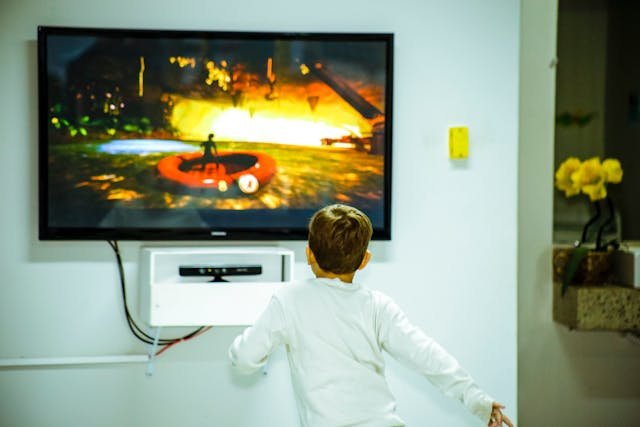In today’s rapidly evolving digital landscape, where the line between the virtual world and reality blurs, ensuring the safety of our youngest members of society has become more challenging than ever. Age ratings, developed by various bodies around the world, aim to serve as a guide to help protect children from exposure to content that may be inappropriate for their age group. But how effective are these ratings in the modern era of free-flowing information and content?
Understanding Age Ratings
Age ratings are essentially a system used to classify content, including movies, TV shows, video games, and apps, based on their suitability for different age groups. These ratings take into account factors like violence, language, sexual content, and themes that may be considered harmful or upsetting to younger audiences. The idea is to provide guardians with the knowledge to make informed decisions about what content their children consume. If you think you need it, you can find a Global Age Ratings Provider that can provide you with more precise information about age ratings at a global level. Keep in mind that age ratings can vary from country to country, so it’s essential to understand the system in your region.
The Challenge of Digital Content
With the rise of online streaming services, social media platforms, and downloadable content, controlling what children access has grown increasingly complex. Unlike traditional media, where content comes pre-vetted with ratings prominently displayed on packaging or before broadcasts, the digital realm often lacks these clearly defined markers. Furthermore, the sheer volume of content created daily makes it nearly impossible for rating organizations to keep up. This raises the question: are current rating systems adequate for the digital age?
The Role of Parental Controls
In response to these challenges, many digital platforms have introduced parental controls. These tools allow parents to set restrictions on the type of content their children can access, based on age ratings or specific content categories. While this is a step in the right direction, it requires a level of tech-savency not all parents possess. Additionally, clever kids often find ways around these controls, leaving parents in a constant struggle to stay one step ahead.
Educating for Awareness
One key aspect often overlooked in the conversation about age ratings and child safety is education. Teaching children about the potential risks associated with unsuitable content, and why certain restrictions are in place, is crucial. Encouraging an open dialogue about what they encounter online arms them with the knowledge to make safer choices independently. Ultimately, as children grow older, they will inevitably face situations where parental controls and age ratings cannot shield them.
Looking Forward
The digital age demands a reevaluation of how we approach age ratings and child safety. It’s clear that simply relying on traditional age rating systems is no longer sufficient. A multi-faceted approach, combining updated and universally understood rating systems, robust parental controls, and education, may offer a more effective solution. Technology companies, content creators, parents, and educators must work together to create an environment where children can safely explore, learn, and grow.

Age ratings serve as a crucial tool in protecting children from inappropriate content, but they are just one piece of a larger puzzle. By understanding their limitations and complementing them with education and parental oversight, we can strive towards a safer digital space for our kids. The responsibility lies with all of us to adapt to the changing media landscape and ensure that the youth of today can enjoy and learn from content that is appropriate and enriching.
